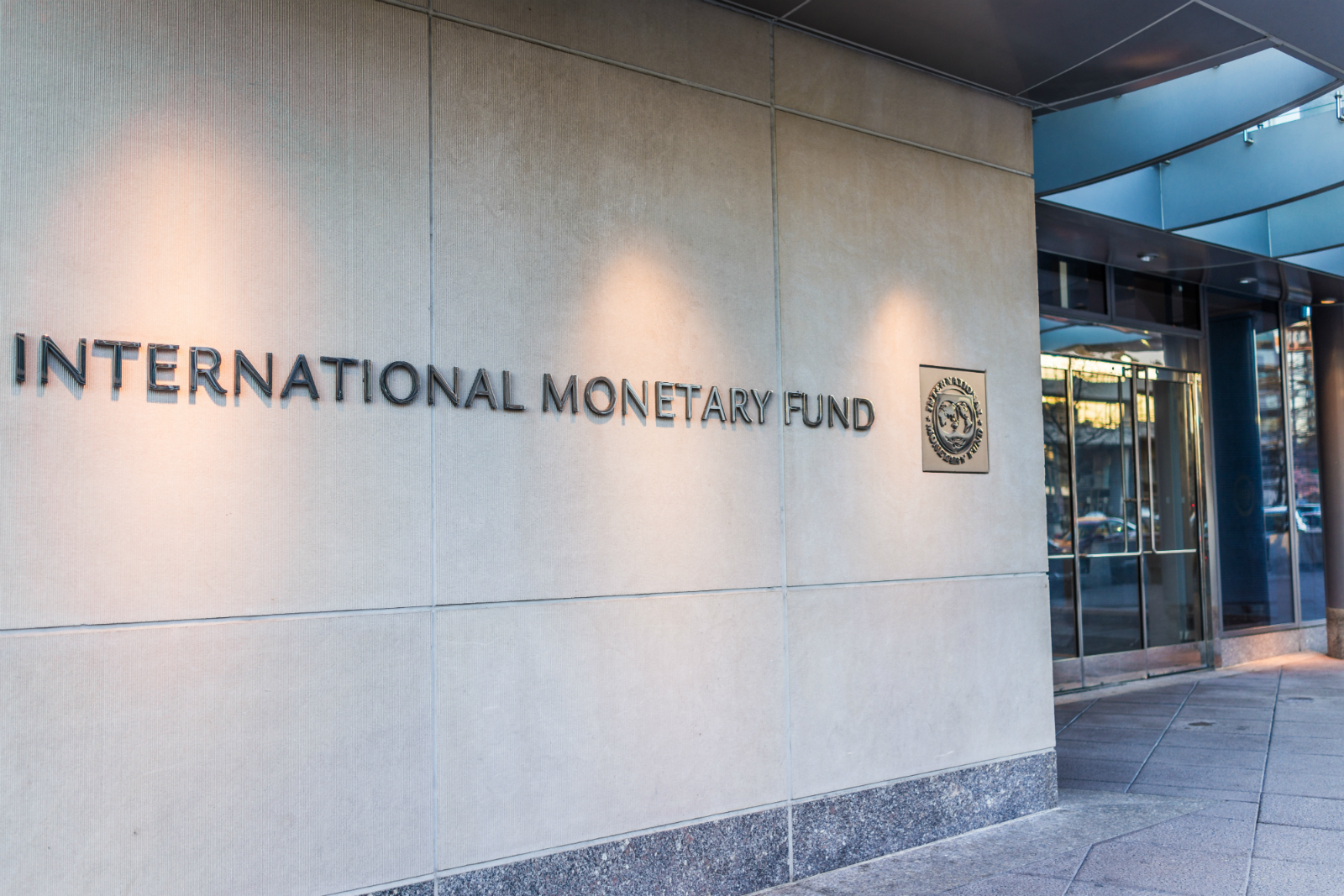Here we go: Egypt, IMF confirm talks over new program

It’s official: The government has requested support from the IMF to mitigate the impact of the war in Ukraine on its economy. Statements from the IMF and cabinet yesterday confirmed that the two sides are in talks on a new program, though it remains unclear what kind of assistance the Fund is willing to offer.
It could include a new loan: Egypt is negotiating a “program of support and technical advice” that “may include additional financing,” said cabinet spokesperson Nader Saad.
The IMF said it is “working closely with the authorities to prepare for program discussions” and that “a set of macroeconomic and structural policy measures” would be required to offset the economic shock caused by the conflict. The statement did not disclose further details.
Analysts were expecting this: Analysts — including at JPMorgan, Goldman Sachs, Moody’s and Capital Economics — have been floating the possibility of a fresh IMF program after the CBE devalued the currency and hiked interest rates, and the government announced new fiscal stimulus measures. It is not clear if these were preconditions to landing support from the Fund, or mature policy moves that are expected to make the talks go smoother.
Our policy actions received the IMF’s seal of approval: The Madbouly government’s move this week to devalue the EGP and shore up the social safety net was a “welcome step,” it said. “Continued exchange rate flexibility will be essential to absorb external shocks and safeguard financial buffers during this uncertain time.”
And it’s all because… fallout from the Ukraine conflict has combined with existing supply chain issues to send commodity prices soaring, leaving Egypt — a major commodities importer — exposed to a level of inflation the cabinet described as “unprecedented.” Rising interest rates around the world are also increasing the costs of financing, the cabinet said, a particular problem for countries such as Egypt which have sizeable amounts of USD-denominated debt. It also acknowledged that “panic among investors has led to the decline and exit of their investments from many emerging countries”
A reform pledge: The government will “continue efforts to implement economic and structural reforms” to ensure sustainable economic growth and increase the private sector’s role in the economy, the cabinet said. Egypt will continue to cooperate with international partners and institutions, including the IMF, to achieve that, he said, adding that the Egyptian authorities have been in regular contact and consultation with the fund.
To quote Yogi Berra, is it deja vu all over again? In November 2016, the EGP was devalued after the CBE floated the currency to meet a key demand by the IMF to secure a USD 12 bn Extended Fund facility over three years to stabilize our economy.
We’ve turned to the IMF twice more since: In 2020, Egypt borrowed USD 5.2 bn under a standby agreement and USD 2.8 bn under a rapid financing instrument following the outbreak of covid.
Egypt is eligible for each of the three programs, a source familiar with discussions told Reuters earlier this week. Egypt has exceeded its IMF borrowing quota, so any financial assistance will be lent under exceptional access criteria, meaning that the government will face greater scrutiny from the Fund, they said.
The story is getting coverage all over the business press: Reuters | AFP | Bloomberg | FT | The National.